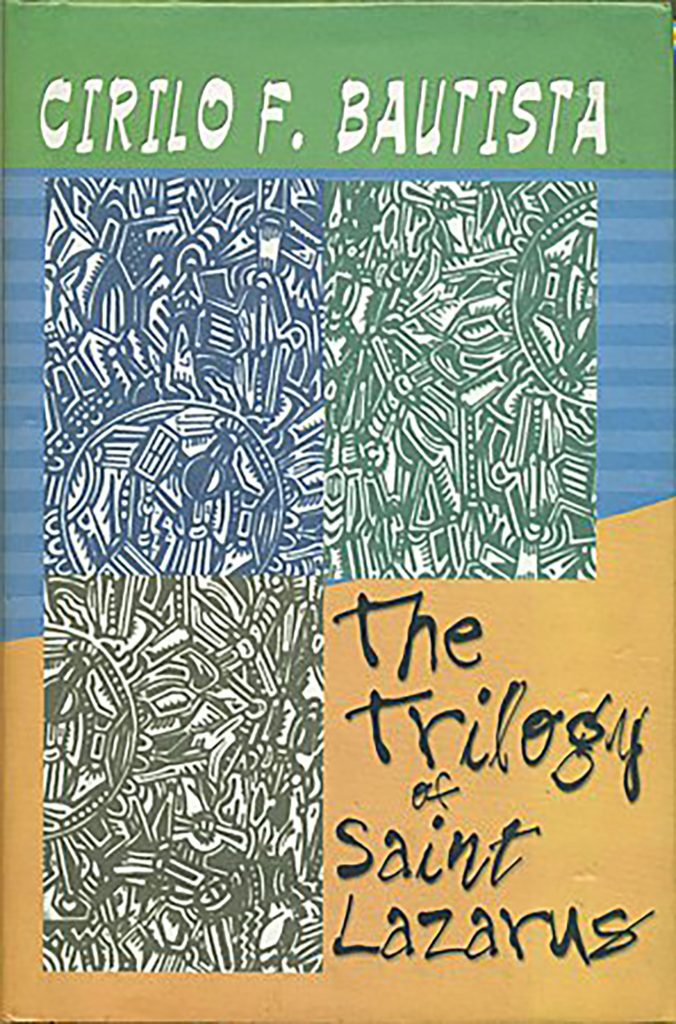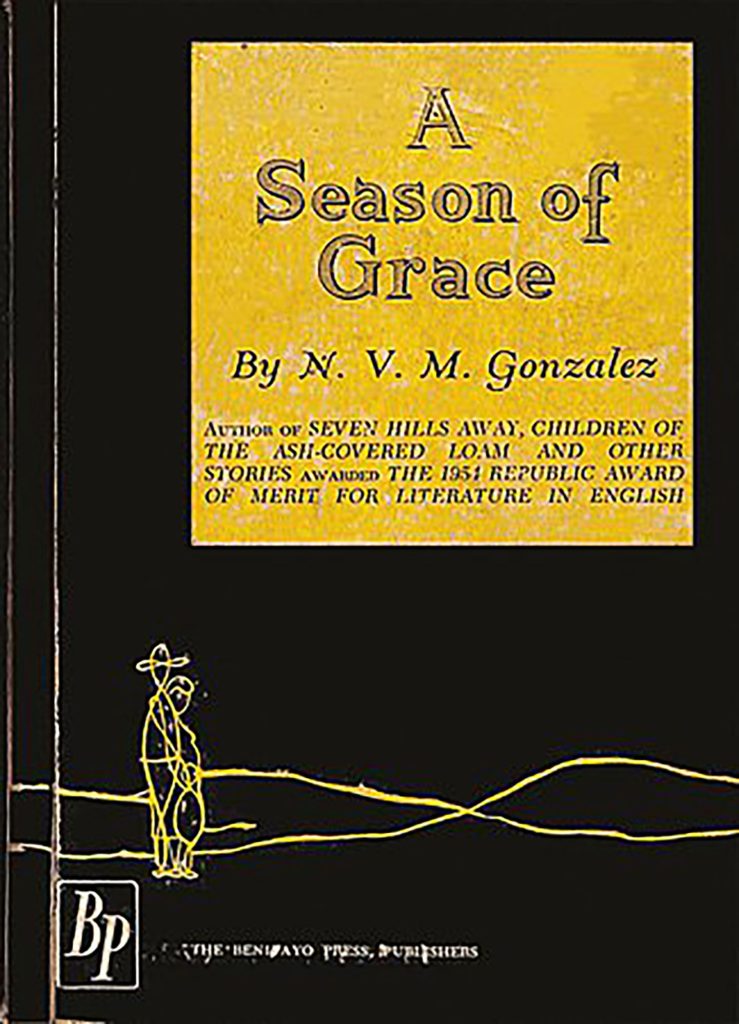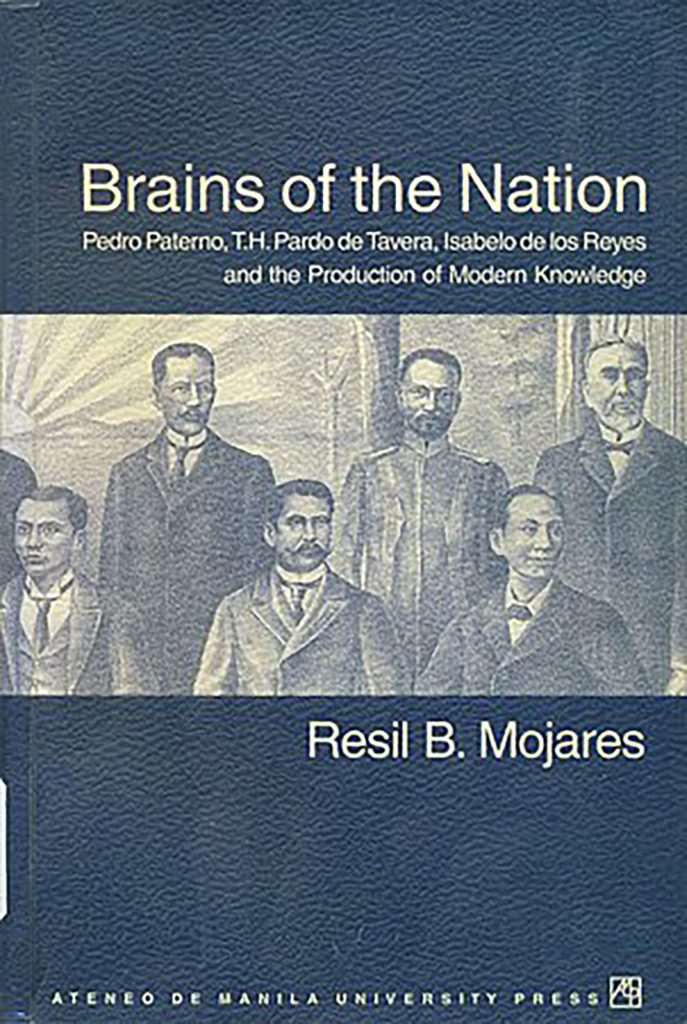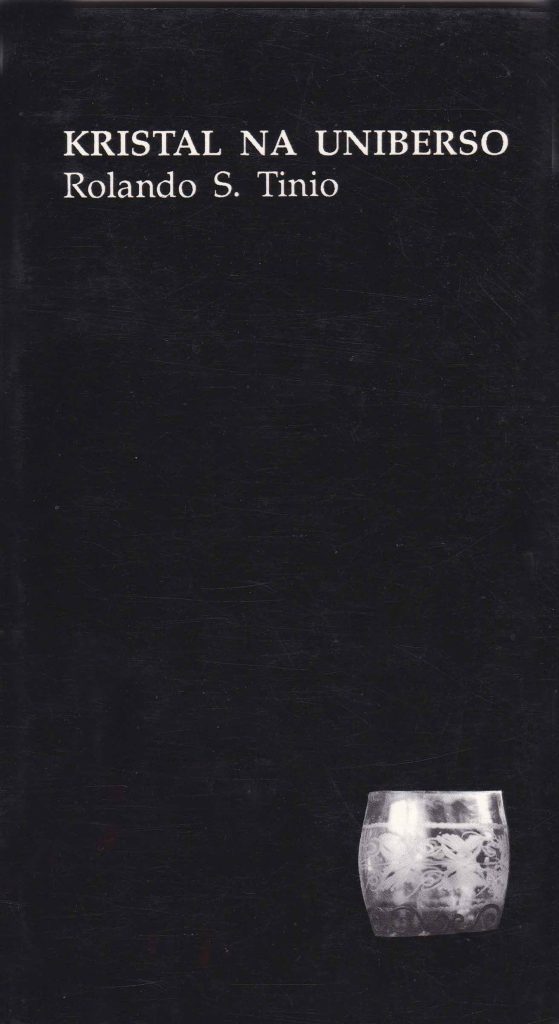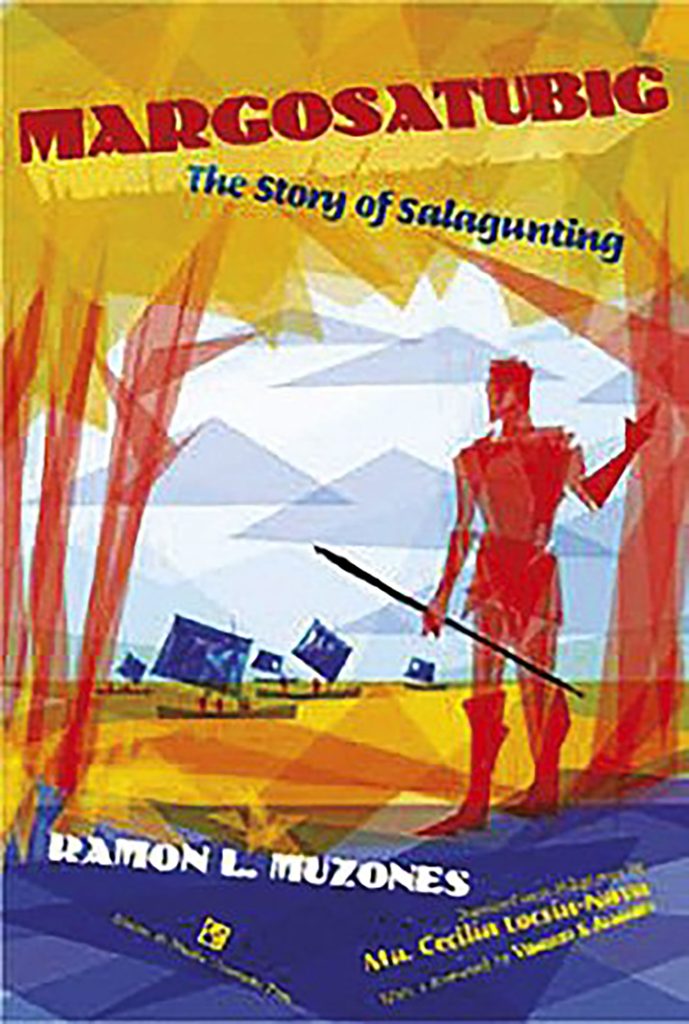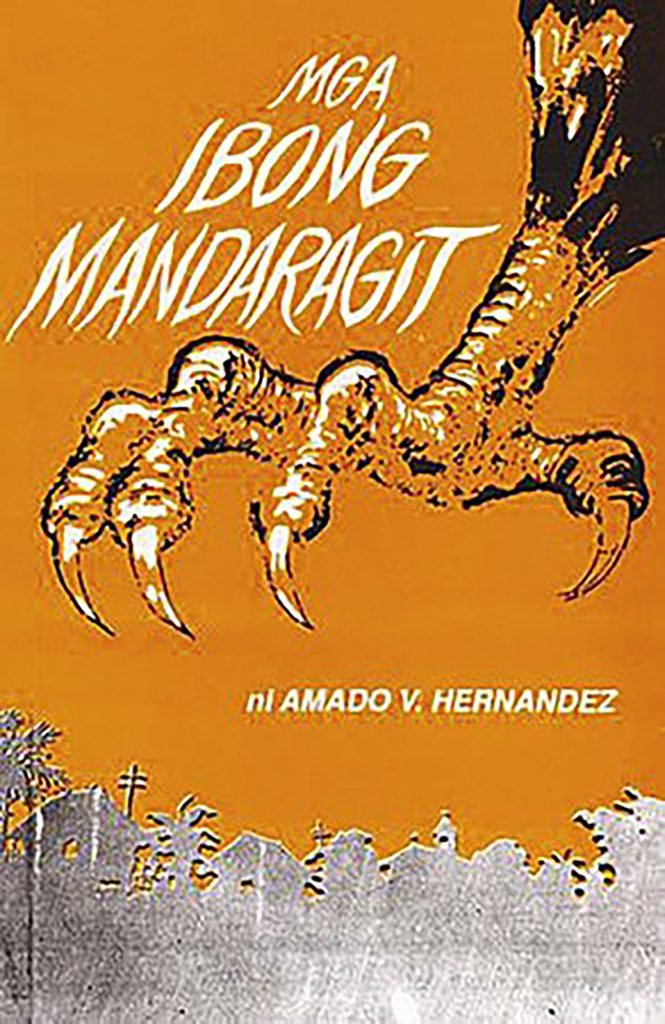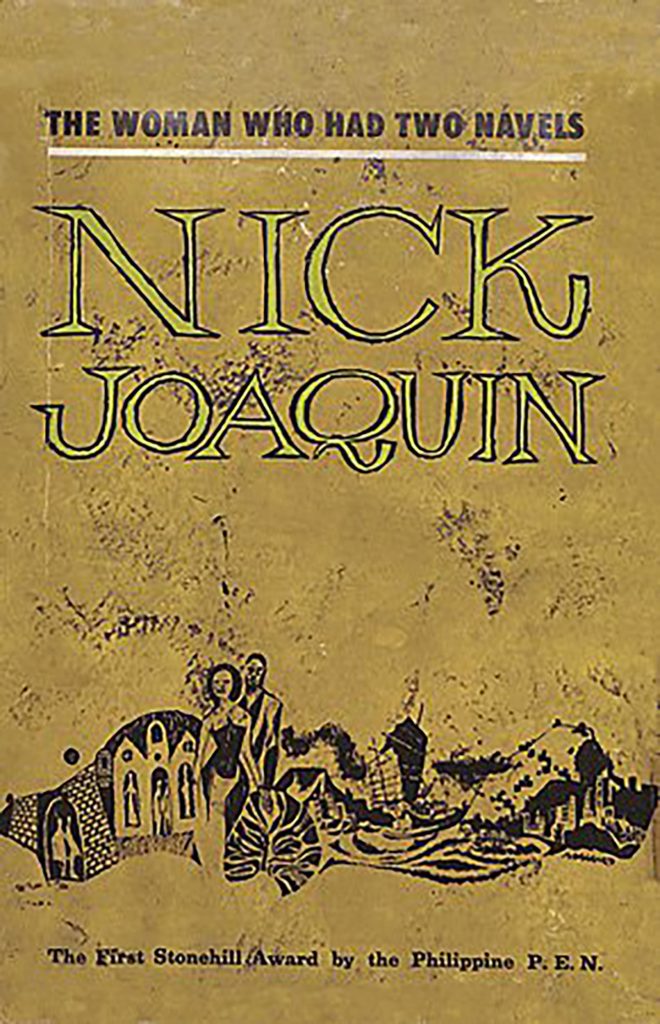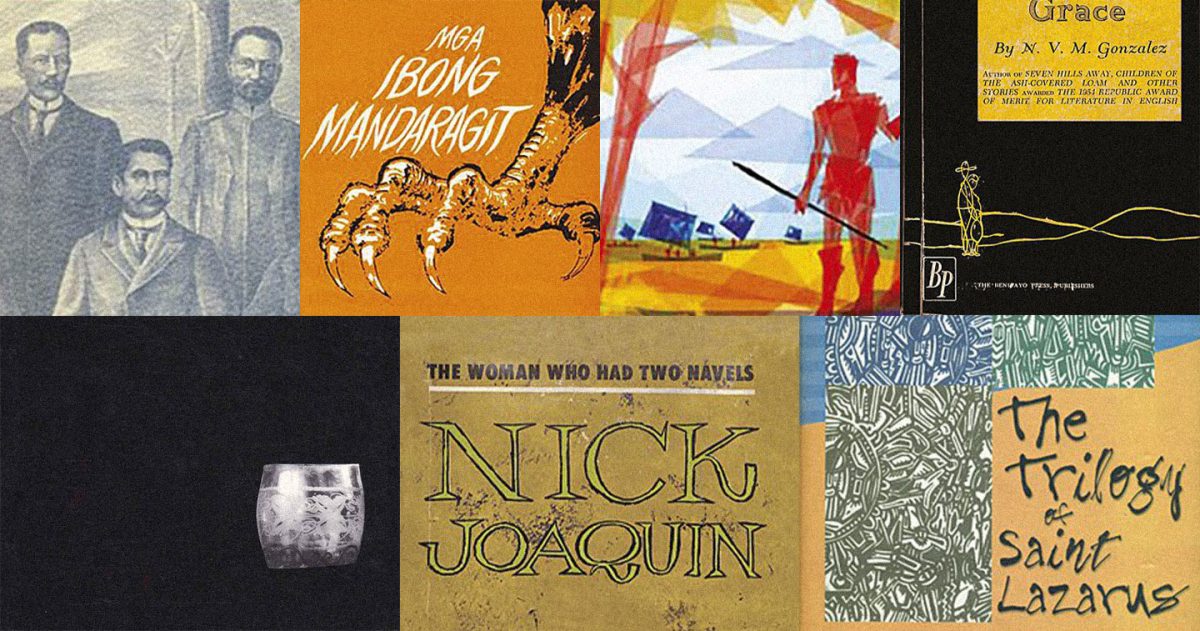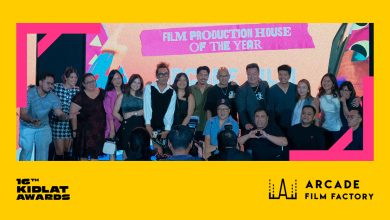MANILA, PHILIPPINES — To finish off National Literature Month, the Cultural Center of the Philippines has recommended some of the most notable and brilliant works by the country’s National Artists for Literature for Filipinos to read. Ranging from poems to short stories and novels, there is surely something to check out on this list, with insightful and critically acclaimed writing:
The Flowers of May by National Artist Francisco Arcellana
Set in 1934, this short story revolves around a father who just lost his daughter. It narrates how the grieving family, amid their shock and pain, comes to accept the death of their family member two months after the funeral. This piece won second place in the 1951 Palanca Awards. It was also featured in Our Very Own, a TV anthology of dramatic readings directed by Father James Reuter and starring National Artists Lamberto Avellana and Daisy Avellana. Francisco Arcellana was named National Artist in 1990.
The Tracks of Babylon and Other Poems by National Artist Edith L. Tiempo
Poetry fans will be delighted to check out this collection of poems that exemplifies the National Artist’s genius in creating images and incorporating irony through her phenomenal usage of words. In this book, readers can find poems such as “The Tracks of Babylon,” “The Return,” “Mid-Morning for Sheba,” “Lament for the Littlest Fellow,” and “St. Anthony’s Feast,” among others. Edith Tiempo was conferred the National Artist Award in 1999.
Likhang Dila, Likhang Diwa by National Artist Bienvenido Lumbera
The anthology book contains 103 poems the National Artist wrote between 1956 and 1992. Divided into three sections, namely Paghihintay, Paroo’t Parito, and Paglingon at Pagtanaw, this poem collection depicts massive poverty, realities of urban dwelling, and the tyranny of the city’s idle upper class.
A Season of Grace by National Artist N.V.M. Gonzales
Set in post-war Oriental Mindoro, the novel depicts the barrio life, with farming and kaingin as the central theme. From the book synopsis, the novel counters the myth of the Philippines’ lost native past and cultural weakness in the face of foreign dominance. This author was proclaimed National Artist of the Philippines in 1997.
Lemlúnay: Pagunita sa Gunita (2023) by National Artist Virgilio S. Almario
Virgilio’s latest collection of poems, Lemlúnay: Pagunita sa Gunita (A Reminder of Memory), features 30 poems, written from 2018 to 2023, with English translation by poet Marne Kilates. The book is one of the author’s most visual books with photographs by journalist and publication designer Roel Hoang Manipon, and design by Manipon and Mervin Concepcion Vergara, adding additional ways of seeing and interpreting. Virgilio Almario was proclaimed National Artist in 2003.
The Trilogy of Saint Lazarus by National Artist Cirilo F. Bautista
The Archipelago, Telex Moon and Sunlight on Broken Stones comprise The Trilogy of Saint Lazarus, which have been written individually but are connected by historical events.
The first book, The Archipelago, depicts the Spanish colonization in the Philippines, while the second book, Telex Moon, laments the simultaneous growth and degradation of Manila. The trilogy continues with Sunlight on Broken Stones, chronicling Philippine history and the search of Filipino identity during the tumultuous periods. A National Artist award was conferred on Cirilo Bautista in 2014.
The Woman Who Had Two Navels by National Artist Nick Joaquin
One of the most popular books by Nick Joaquin, next to A Portrait of the Artist as Filipino, this novel follows the story of a Filipina woman who believes that she has two novels and consults a horse doctor to rectify her abnormality. With this, Nick Joaquin was named National Artist in 1976.
Mga Ibong Mandaragit by National Artist Amado V. Hernandez
This is what a telenovela should be made of – swashbuckling adventures of the protagonist, voyeuristic lives of the upper classes, and love stories among the characters, set during the last year of Japanese occupation. In its 69 chapters, one can see the author’s yearning for change in the living conditions of the Filipino people and improvements on the social psyche in Philippine society. Amado Hernandez was one of the first Filipinos proclaimed as National Artists, dating back to 1973, the second year the prestigious award was given.
Maganda Pa Ang Daigdig by National Artist Lazaro Francisco
First serialized in Liwayway magazine in 1955, the novel is about a gardener who lost faith in the oppressive social system. After he was accused of committing robbery and homicide, he became a fugitive. With each encounter he had along the way, he returned to living a normal life. The National Award was posthumously given to Lazaro Francisco in 2009.
The Rosales Saga by National Artist F. Sionil Jose
This novel features a series of five interconnected historical novels, namely Po-on, Tree, My Brother My Executioner, The Pretenders, and Mass. The saga traces the five generations of two families, the Samsons and the Asperri, through Spanish and American periods in Philippine history. All books are set in Rosales, Pangasinan, the hometown of the author. The National Artist award was bestowed upon F. Sionil Jose in 2001.
I Am A Filipino by National Artist Carlos P. Romulo
Carlos P. Romulo’s I Am A Filipino instills powerful reasons in its readers to be a proud Filipino despite the realities of our time. Printed in The Philippines Herald in 1941, the essay touched on the “immortal seed of heroes,” exemplifying the sacrifices made by Jose Rizal, Andres Bonifacio, Gen. Gregorio del Pilar, Antonio Luna, and Diego Silang, among others. It also contains the pledge of the National Artist as a Filipino. He became a National Artist in 1982.
Poems 55 by National Artist Jose Garcia Villa
Known for its revolutionary content, the collection of poems portrays a sensual kind of love and the human relationship with the Divine. The poems found here started the movement of modernism in Philippine poetry. It showcases the reversed consonance rhyme scheme that Jose Garcia Villa was known for. He created comma poems that made full use of the punctuation mark in an innovative, poetic way. He was conferred the National Artist in 1973.
Of Cocks and Kites (1954) by National Artist Alejandro Roces
Originally titled Of Cocks and Men when it was first published by the Philippine Free Press, the story is about people who are predators and use questionable means to get what they want and harm their victims. This book deemed him “perhaps the country’s best writer of humor stories.” Alejandro Roces was bestowed the National Artist award in 2003.
Kristal na Uniberso (1989) by National Artist Rolando S. Tinio
This collection of poems marked Rolando Tinio’s return to the Philippine poetic tradition, as mirrored in the affectionate and sentimental nature of the contents. The collection is divided into five sections: Russian sojourn, domestic poems, poems of parting and regret, love songs (including the Tagalog translation of English love songs) and original lyrics of folk songs. Rolando was awarded posthumously in 1997 as National Artist for Theater and Literature.
Brains of the Nation: Pedro Paterno, T.H. Pardo de Tavera, Isabelo de Los Reyes and The Production of Modern Knowledge by National Artist Resil B. Mojares
Grounded on the lives and works of Pedro Paterno, T.H. Pardo de Tavera and Isabelo de los Reyes, three of the most infamous movers in Philippine history, the book gives readers a closer look into the thoughts of these individuals. The book explores the social conditions that shaped the Filipino psyche and consciousness. Resil Mojares was awarded the National Artist in 2018.
Margosatubig: Maragtas Ni Salagunting by National Artist Ramon L. Muzones
Set in a fictive Muslim state called Margosatubig, a hero-heir leads the fight to recover their kingdom after its legitimate rulers because of treachery and intrigue. Filled with fantastic scenes, romance, and epic plot, the Hiligaynon novel is considered the first Ilonggo bestseller. It first appeared as a serial novel published in Yuhum magazine in 1946. Ramon Muzones was a posthumous recipient of the National Artist award in 2018.
In Another Light: Poems and Essays (1978) by Gemino H. Abad
The book contains 11 critical essays on Philippine poetry, analyzing it through the Chicago neo-Aristotelian method of Literary criticism. Several poems are included, such as “Islander in the Yard,” “The Moon and the Prisoner,” and “Impressions of a Guitarist,” among others. Gemino Abad received the National Artist award in 2022.
CCP Encyclopedia of Philippine Art (EPA) contains a wide variety of information on National Artists and their works. To subscribe or get a print copy, visit the CCP EPA website.
